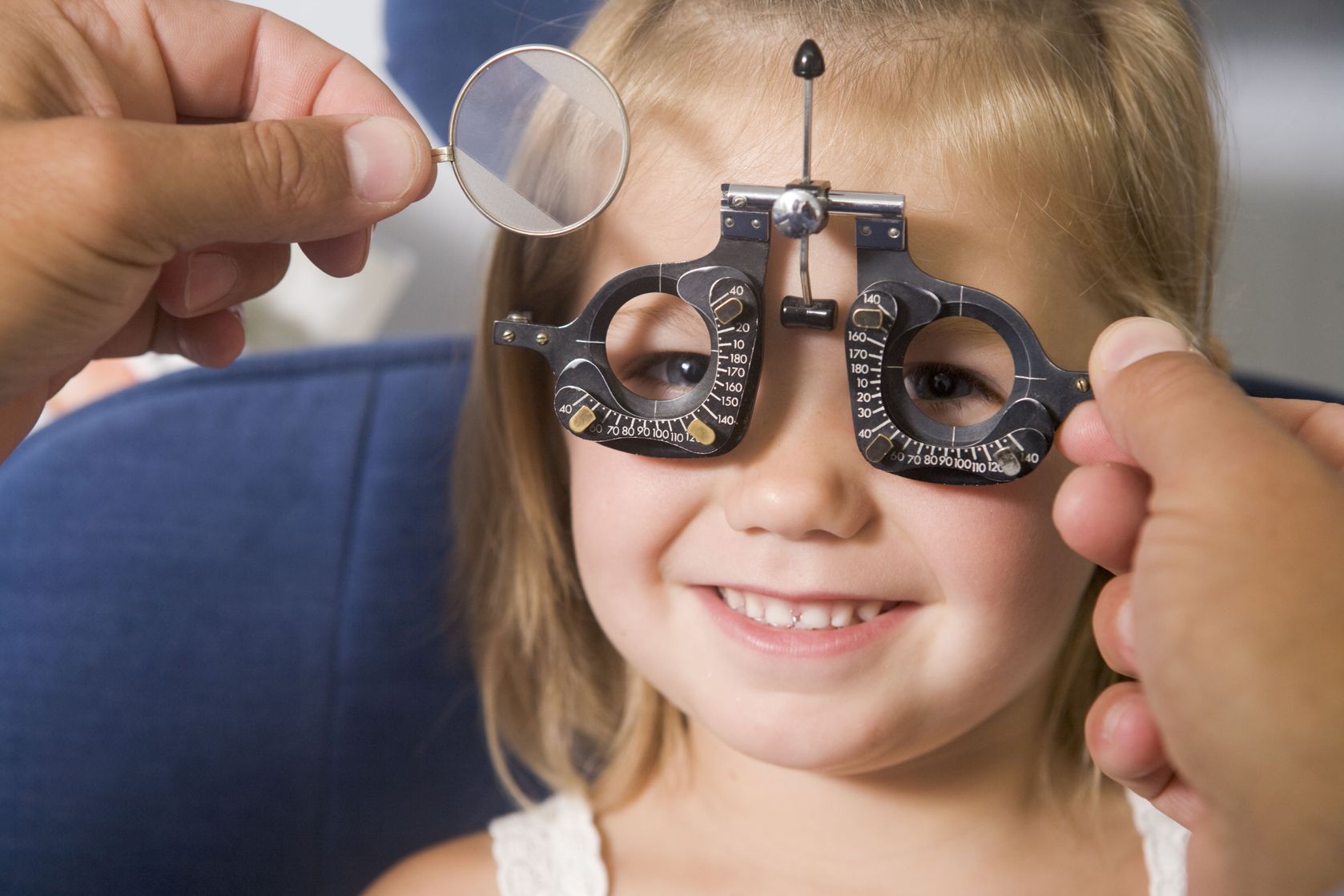Common Eye Problems You Should Know About And How To Prevent Them
 Contributed by
Su Lee Chong
January 28, 2016
Contributed by
Su Lee Chong
January 28, 2016

The eyes are the windows into our soul. As we age, the risk of developing vision problems increases and, if left untreated, may lead to blindness.
What Are The Most Common Eye Problems?
The most common eye problems we experience as we age are:
- Cataracts
- Age-related macular degeneration (AMD)
- Glaucoma
- Diabetic retinopathy
To catch the eye problems early and help prevent vision loss, your doctor may recommend that you have your eyes checked on a regular basis. Here is what you should know about the threats of these eye diseases.
1. Cataracts
A cataract is the clouding of the eye’s lens. It usually occurs after the age of 40. Symptoms of cataracts include blurred vision – as if you are looking through a cloudy glass. Sunlight, or light from a lamp, seems bright and glaring, and colours do not appear as bright as before.
Our eye-lens is made of water and protein. The protein is arranged in a way that keeps and lets light pass through it. Aging causes the protein to clump together, forming a cloud in a small area of the lens and, over time, the area expands.
The causes of cataracts include:
- Aging
- Diabetes
- Hypertension
- Obesity
- Smoking
- Prolong use of steroids
- Prolong use of statin drugs for controlling cholesterol
- UV radiation.
2. Age-Related Macular Degeneration (AMD)
The macular is the area in the eye that is responsible for sharp central vision. As we age, the macular degenerates and causes vision loss and blindness.
There are two types of macular degeneration:
- Dry AMD – degeneration and thinning of macular tissue, and deposits around the area.
- Wet AMD – new blood vessels grow beneath the retina and leak fluid and blood causing permanent damage to the light-sensitive cells, which eventually die off.
AMD is usually a slow and painless process of vision loss. Early signs include a shadowy area in the central vision or fuzzy, distorted vision.
The causes of AMD include:
- Aging
- Genetics
- Deteriorating oxygen supply to the retina
- Smoking
- Hypertension
- Obesity
- High level of dietary fat.
3. Glaucoma
Glaucoma occurs when there is higher than normal pressure inside the eyes, which causes peripheral vision loss and eventual blindness. There are no symptoms associated with glaucoma. It is a silent and painless process that goes undetected until the optic nerve is irreversibly damaged. It is believed that poor blood flow to the optic nerve is the cause of glaucoma.
4. Diabetic Retinopathy
In diabetes, the high blood sugar clogs and damages the blood vessels and alters blood flow to the body’s organs, including the eyes. The reduced blood flow to the light-sensitive cells causes them to die and, thus, loss of vision occurs.
Symptoms include fluctuating vision, eye floaters, shadows in the field of view, blurry and distorted vision, or double vision.

How Can You Prevent Eye Problems?
1. Exercise
Blood flow and circulation are important for supplying nutrients and oxygen to the light-sensitive cells, as well as the retina. Exercise enhances the blood circulation and sends oxygen throughout the body. Walking everyday for 30 minutes is the simplest form of exercise that can achieve results.
2. Healthy Diet
Eating a healthy diet provides good nutrition and can prevent eye problems. Johanna M Seddon reported in the American Journal of Clinical Nutrition in January 2007, a study on key nutrients. These include Omega-3, lutein and zeaxanthin, linking them to the reduction of the risk of developing eye diseases. You can get lutein and zeaxanthin antioxidants from kale, spinach, broccoli, peas, corn and bell peppers.
3. Quit Smoking
Smoking increases the risk of AMD and cataracts. Smoking reduces the oxygen supply in the blood and increases the risk of blood vessels clogging.
4. Weight Management
People who are obese are normally lacking in good nutrition. Being overweight with high body fat is linked to a higher incidence of cataracts, as reported by Schaumberg in the American Journal of Clinical Nutrition. Therefore, those who are overweight and have a high BMI should lose body fat and bring the BMI into the normal range.
Take good care of your eyes today in order to prevent these eye problems in the future. You CAN enjoy good vision as you get older!











Sorry, the comment form is closed at this time.